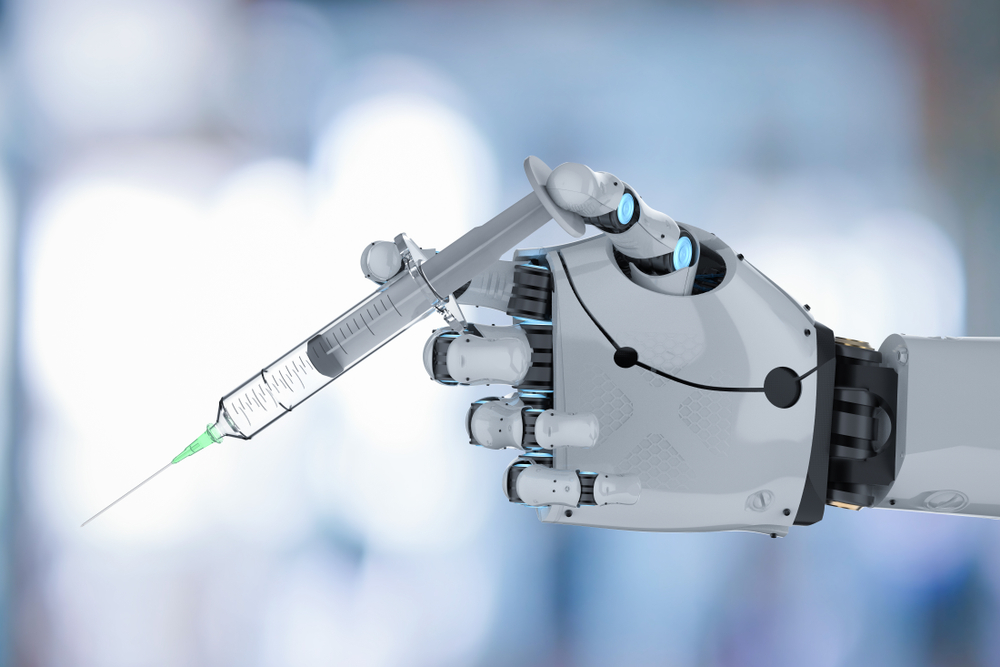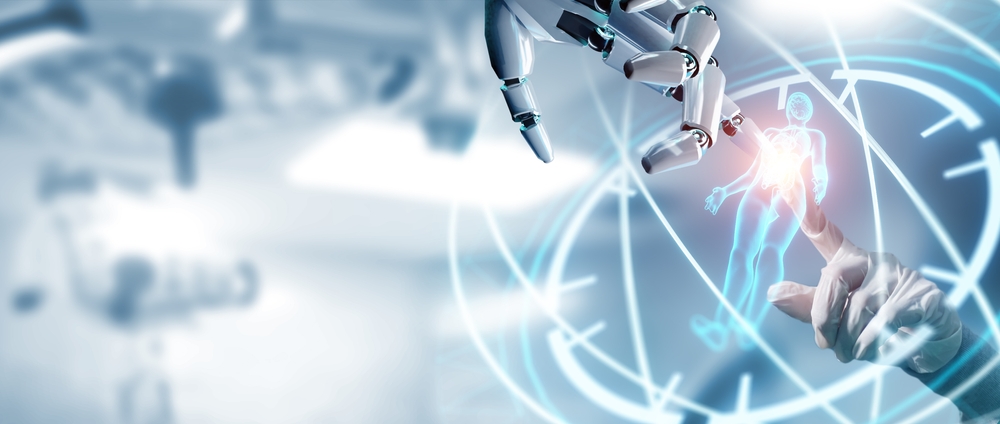
Artificial intelligence (AI) is very present in our lives. Have you ever wondered why after looking at a particular baby item in a shopping app, advertisements for baby items for sale and articles on parenting seem to pop up in your feed? It's as if your gadget somehow knows you’re a new mom who’s looking for the best baby deals and tips? That’s AI. The “Suggested for you” box that’s displayed on your favorite streaming app is the result of algorithms at work. While AI seems to work towards the benefit of advertisers, can it help save lives too?
How AI is already helping in healthcare
“Artificial intelligence” pertains to the use of computers and technology to mimic intelligent behavior and critical thinking that is similar to those of humans.1 In medicine, it may be virtual, which involves applications like electronic health records or network-based guidance in treatment decisions, or physical, which involves assistants in surgery and intelligent prostheses.1 Professor Enrico Coiera, Alliance Lead for the Australian Alliance for Artificial Intelligence in Healthcare, points out several human attributes that AI can help with.
Compared to AI, humans are slower learners, poorer at multitasking, and have biases that affect our choices, and in tasks where multitasking and extensive knowledge are needed – such as in healthcare – AI can augment human resources. This not only leads to faster decision-making and solution, but it also does this at a fraction of the cost. Professor Coiera describes the current model of AI in healthcare wherein the doctor or clinician works handin- hand with AI to reach a desirable result – whether it is a correct diagnosis or a sound treatment plan.
In some parts of the globe, AI is already helping the healthcare force. In the University of Virginia School of Medicine, AI, through a machine learning tool, helps doctors reach diagnoses in a shorter amount of time, helping patients get proper treatment faster. This is done by the AI analyzing images — in the thousands! — to distinguish diseases that can be easily mistaken for another.2 Professor Coiera also describes that in Africa, AI helps doctors perform a correct ultrasound by prompting and assisting probe placement. Not only that: AI also helps perform administrative work for health institutions, from billing to regulatory compliance. This shifts valuable human resources towards patient care.
AI: Boon or bane?
Do the possibilities of AI in healthcare seem too good to be true? With any technology, several ethical issues arise.
An important ethical issue that arises: what’s considered AI? Even this most basic question is the subject of debate.3 Different scholarly articles and legal documents have different definitions of what constitutes AI. What exactly are the types of technology that should be governed by regulations on AI in health?
The application of the principle of informed consent in AI is also a matter of ethical debate. Should patients to be informed that the system uses AI at all? Do patients and clients understand the terms in the consent agreement, or do they even read them? Does the principle of informed consent apply at all to AI technology in healthcare?
Data privacy when using AI in health must be ensured since medical histories and identities of patients should be kept confidential, not only according to health ethics but legally as well. With thousands of images and more patient records, it’s important to ensure that any AI used in healthcare would adhere to this principle and protect the identities of patients and users.

How accurate or correct is AI? Doctors are given the knowledge that’s constantly updated to make them competent to handle medical dilemmas, relying on their experiences in hospitals and clinics. Their expertise grows as they see more and more patients. Human healthcare professionals can also change decisions quickly — since decisions aren’t “hard-wired” – when they think or feel that something isn’t consistent with theory. Which makes us ask: how “flexible” can AI be, given gray areas in clinical situations? Who will be responsible for any mistakes made by the AI?
How will doctor-patient relationships change when AI in health becomes mainstream? Many patients already have long-standing relationships with their doctors, and some even consider their healthcare team as part of the family. Some patients may be concerned that more AI in health may mean less empathy and compassion, and doctors may be concerned that the more AI is used, the more doctors are replaced in the workforce.
Teamwork makes the dream work
Although ethical and legal issues of AI in health aren’t ironed out yet, there’s definitely a place for AI in the healthcare team. AI works hand-in-hand with human doctors and nurses to deliver excellent patient care. It will – and already is – helping shorten the time to reach the correct diagnoses, and it can help deliver specialized medical care to poor and far-flung areas. It can unload the human workforce, therefore diverting precious human resources towards more important tasks such as direct patient interaction. What it cannot and will never do is replace the warmth and compassion of hardworking healthcare workers the world over. The progress of technology is inevitable, and everyone must use it wisely and for the benefit of mankind.
Originally published in HealthToday Issue 2 2021
References:1. Amisha, et al. J Family Med Prim Care 2019;8:2328–2331. 2. University of Illinois Chicago (UIC). AI in healthcare: 4 examples in health informatics. UIC resource page. Available at: https://healthinformatics.uic.edu/blog/ai-in-healthcare-4-examples-in-health-informatics/. Accessed 16 April 2021. 3. Gerke S; Minssen T; Cohen G. Artificial Intelligence in Healthcare 2020:295–336.




